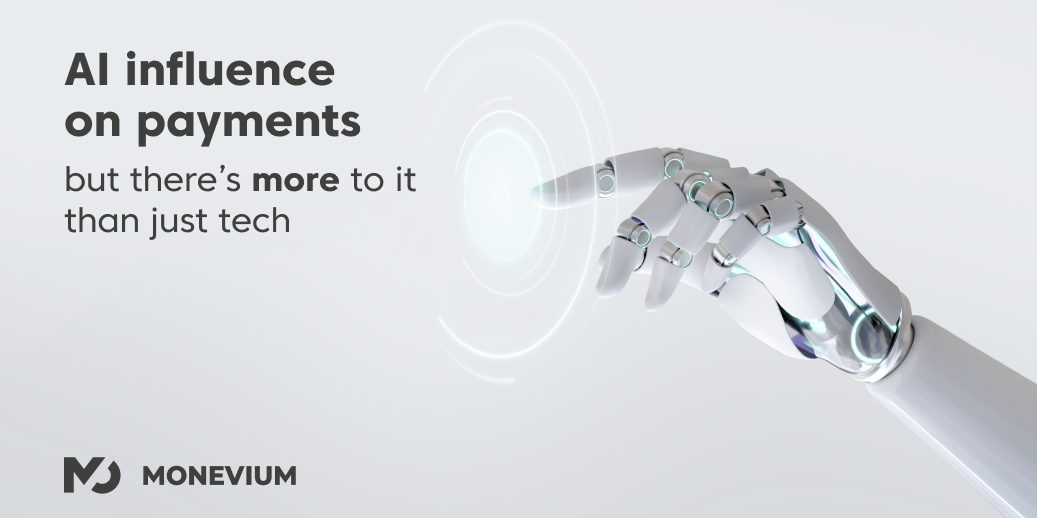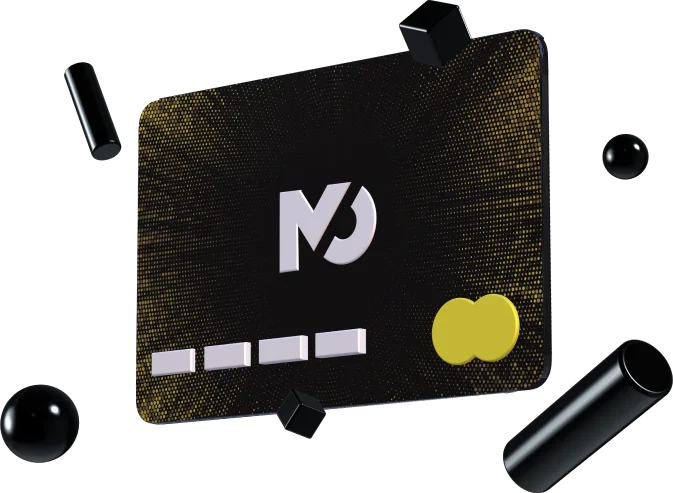Huge focus on AI's influence on payments – but there is more to it than just tech

The euphoria surrounding the seemingly endless possibilities that artificial intelligence (AI) appears to be suddenly bringing to almost every area of life has been enormous recently.
Sudden waves of excitement have appeared across all areas of media, predicting how one day we will somehow be able to think aloud and have some automated code do the thinking on our behalf, and without much more input, a solution to everything will be built.
This sounds utopian, especially for those who are advocates of a life of absolute convenience, but is it?
It was inevitable that, as AI has rapidly pervaded every area of human society and, whilst not yet running the world for us, is there, looming in the background, waiting to make everything easy in every sphere for every person, the way payments are made would come onto the radar.
Over the past week, everyone from major news sources to payment industry executives has had their say in high-profile articles on what changes to the way people make payments will come into being in a post-AI world.
Just last week, American Express was the subject of news media attention, with some sensationalist reports stating that the company was somehow jumping headlong into a generative AI 'frenzy'.
Whilst describing the activities of a large, publicly listed multinational American corporate giant as a 'frenzy' may well be more than a step too far, it is certainly true that major payment processing companies are investing heavily in AI technology to build their solution further in an increasingly automated world.
There are, as perhaps is to be expected when the initials AI are now at the very top of the internet search trends, many firms and commentators speaking about it ad nauseum in the way that often takes place when a new phase comes to fruition. Think 'WWW' in 1997 or Bitcoin in 2012.
Many of the reports surrounding the role of AI in the payments industry focus on highly technologically complex methods by which electronic payments can be conducted, ranging from cybersecurity aspects which help issuers of electronic payment solutions identify possible attacks by fraudsters, or the automated generation of software engineering code to help develop systems further and forge partnerships with other tech firms.
These are fascinating in their own right but ultimately very much out of sight and the minds of most people who simply want to go to the shops and buy their groceries.
Therefore, there is one potential facet of AI in the electronic payment sector which has thus far been ignored, and that is the total removal of physical cash made from paper – such as bank notes – from circulation.
The more advanced and intelligent the electronic payments industry gets, and the more it begins 'building itself' and thinking for itself as is the intention behind AI, the more it will advance to the extent that the entire global ecosystem will not only rely on it but have each person or business take their part in building it via generative AI methods.
That leaves cash out in the cold and with no place in a people-centric, AI-driven world.
Therefore, before we all get carried away on the euphoric AI bandwagon, it is vital to consider the most important matter of all, and that is when moving away from cash and finding that cash has no further use in everyday society, are you and your funds fully protected, whilst being easy to access in real-time?
For this, the consideration should not necessarily be where you can generate new code to take part in developing the ecosystem by simply telling an AI bot what you want, echoing the words of Amazon's AWS division CEO Jensen Huang who said, "Everyone is a programmer now", but rather how you are going to make the transition from cash to electronic payments with minimal disruption, low risk and ease of future use, and for this, look no further than Monevium.
Monevium is the Trading Name of Advanced Wallet Solutions Limited, a company registered in the UK under company number 10251711 and is regulated by the UK’s Financial Conduct Authority under Firm Reference Number 766038.
Open Monevium Account in Minutes
The future of money management is only a few clicks away. Apply here to have complete control over your money.


